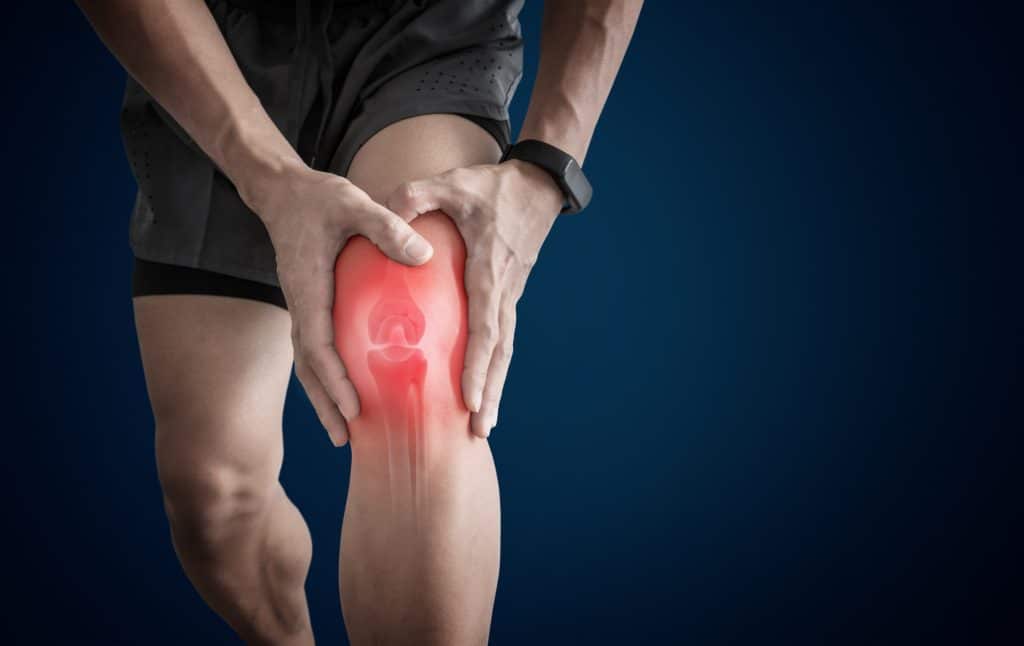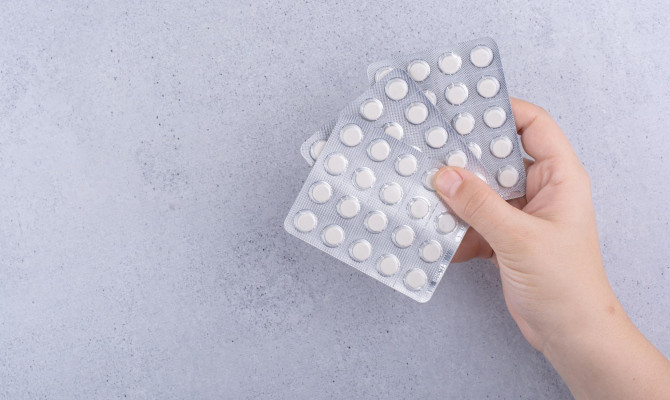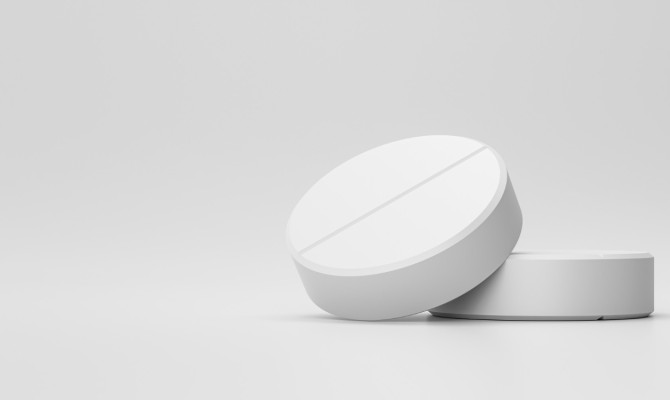Cimzia: Uses, Side effects and Drug Interactions

- Cimzia
- 17 Aug 2023
Overview
What is Cimzia?
Modern drugs like Cimzia have proven remarkably effective in treating crippling inflammatory diseases. Thanks to its use, those struggling with the everyday challenges of chronic inflammatory disorders have newfound hope.
The primary characteristics, advantages, and potential therapeutic uses of Cimzia are explored in this article. We will analyze the broader effects, the patient experiences in the real world, and the scientific developments that led to the product.

Uses
Uses of Cimzia
- Rheumatoid arthritis management
- Helps in the treatment of Crohn’s disease
- Treats Psoriatic arthritis
- Alleviates symptoms of Ankylosing spondylitis
- Treats Axial spondyloarthritis
It is a medication that is primarily used to treat several chronic inflammatory disorders, and its primary application is to treat:1Uses| Researched based study from Nlm.nih.gov
Manages Rheumatoid arthritis
- Adults with moderate to severe rheumatoid arthritis may use it alone or with methotrexate. It can enhance physical performance and lessen joint discomfort, edema, and inflammation.
Helps in Crohn’s disease management
- Adults with moderate to severe Crohn’s disease who have not reacted well to conventional therapy or have grown resistant to previous medications should use it.
- It helps lower digestive system inflammation, relieving symptoms like abdominal pain, diarrhea, and weight loss.
Treats Psoriatic arthritis
- Psoriatic arthritis is a chronic illness that combines joint inflammation with skin lesions caused by psoriasis that is treated with it. It may reduce related skin problems and lessen physical dysfunction, joint pain, and edema.1Uses| Researched based study from Nlm.nih.gov
Alleviates symptoms of Spondylitis with ankylosing
- Ankylosing spondylitis, a form of arthritis that primarily impacts the spine, is a condition for which it is approved for usage. It enhances mobility and general quality of life by reducing pain, stiffness, and inflammation in the spine and other afflicted joints.
Helps in the management of Axial spondyloarthritis
- Additionally, it is recommended for axial spondyloarthritis. It can aid in reducing discomfort, swelling, and stiffness in the spine and other afflicted joints, enhancing physical performance and general well-being.1Uses| Researched based study from Nlm.nih.gov
Side effects
Cimzia side effects
- Injection site reactions
- Upper respiratory tract infections
- Headache
- Hypersensitivity reactions
- Gastrointestinal symptoms
- Urinary tract infections
- Blood disorders
- Increased risk of infections
Cimzia, like any medicine, may have side effects in certain people. It is critical to be aware of these potential adverse effects. Typical examples include:2Side effects| Researched based study from Dailymed.nih.gov
Reactions at the injection site
- Mild discomfort, redness, soreness, or swelling are frequent at the injection site. Usually transient, these symptoms go away on their own.
Infections of the upper respiratory tract
- The chance of getting upper respiratory infections like the common cold, sinusitis, or flu-like symptoms can be slightly increased.
Headache
- While taking Cimzia, some people may have light to moderate headaches. These headaches often subside quickly and get better with time.
Hypersensitivity reactions
- Rarely, hypersensitivity reactions can appear as rash, itching, hives, breathing difficulties, or swelling of the face, tongue, or neck. Any signs of a severe allergic response should be reported immediately to a doctor.
Digestive system issues
- It could result in gastrointestinal side effects such as abdominal pain, nausea, vomiting, or diarrhea. Usually minor, these symptoms become better with time.
Urinary tract infections
- While taking Cimzia, some people may develop urinary tract infections. If symptoms like painful urination, frequent urination, or cloudy urine appear, prompt medical intervention is indicated.
Blood disorders
- Rarely blood illnesses can cause blood cell counts to drop, which can cause anemia, a reduction in white blood cells, or a reduction in platelets. Throughout treatment, blood counts may need to be monitored often.
Increased risk of infections
- It might weaken the immune system, which would make infections more likely. There have been reports of severe conditions, such as TB and opportunistic infections.
- Patients should be regularly watched for signs of infection and should report any symptoms, such as fever, a prolonged cough, or skin infections, to their healthcare provider.
Interactions
Medication interaction
Cimzia may shows drug interactions with following medicines:
Live vaccination
- It might weaken the immune system, making live vaccines less effective or dangerous. Live vaccines should usually be avoided while taking them. Consult your doctor before receiving any vaccinations.2Interactions| Researched based study from Dailymed.nih.gov
Different biologic therapies
- Using immune system-targeting biologic medicines concurrently with other biologic therapy may raise the risk of infections and other side effects. In general, mixing different biologics is not advised.4Interactions| Researched based study from Nlm.nih.gov
Immunomodulators
- Infection risk may be increased by immune system-modulating drugs such as methotrexate and azathioprine. If you are receiving combination therapy, your doctor will regularly check the health of your immune system.3Interactions| Researched based study from Nlm.nih.gov
Medications that affect the liver’s enzymes
- Some liver enzymes, such as the CYP450 enzymes, metabolize it. Cimzia levels in the body may change due to taking medications that inhibit or stimulate these enzymes.
- Rifampin, fluconazole, and phenytoin are a few examples of such medicines. If you take such drugs, your healthcare professional may need to change the dose.3Interactions| Researched based study from Nlm.nih.gov
How much time does Cimzia stay in your body?
- Individual differences exist in how long it remains in the body. Its typical half-life of elimination is around 14 days. Accordingly, half of the medicine takes approximately 14 days to leave the body. Based on this, it can take two to three months for Cimzia to leave the body altogether.
- However, its effects might outlast its ability to be detected in the bloodstream.
Contraindications
Contraindications
People should avoid taking Cimzia if they have any of the following health conditions:
Infections
- Infection risk, including severe and sometimes fatal infections, may rise. Your doctor will examine your medical history and check for ongoing or recurring infections before initiating therapy.
- It may be necessary to postpone taking the medication if you have an active infection until it has been sufficiently addressed.
(TB) Tuberculosis
- It may raise the likelihood of contracting TB or reactivating latent diseases. Tell your doctor if you have ever had tuberculosis or had a close encounter with someone who has.
Infection with the hepatitis virus (HBV)
- In those who have the HBV strain, it could reactivate the virus. Significant liver issues may result from this.
Allergic reactions
- Some people may develop allergies as a result. Discussing it with your healthcare physician if you experience any of it is essential.
Vaccinations
- Since Cimzia may alter the immune response, live vaccines should be avoided when taking them. Consult your doctor to identify the best course of action before receiving vaccinations.
Breastfeeding and becoming pregnant
- Talking with your healthcare practitioner about using Cimzia while pregnant and nursing would be best. The advantages and disadvantages will each be assessed individually.2Contraindications| Researched based study from Dailymed.nih.gov
Takeaway
The takeaway
Cimzia has shown efficacy in easing symptoms and enhancing the quality of life in patients with specific autoimmune diseases.
It’s important to remember that it involves certain risks and possible adverse effects. Patients considering it should speak with their doctor to find the best course of action and dose for them.
Any feedback on this article?
 This Articles content was accurate
This Articles content was accurate Very Informative Article
Very Informative Article I have a question or a comment
I have a question or a comment
 This article contains inaccurate content
This article contains inaccurate content This article was not helpful
This article was not helpful I have a question or a comment
I have a question or a comment
We appreciate your helpful feedback!
Checkout our social pages
References
-
National Library of Medicine
Certolizumab pegol | Uses
-
Daily Med
CIMZIA- certolizumab pegol injection, solution | Contraindications | Side effects
-
National Library of Medicine
A systematic review on disease‐drug‐drug interactions with immunomodulating drugs: A critical appraisal of risk assessment and drug labelling | Interactions
-
National Library of Medicine
Risk of serious infection among patients receiving biologics for chronic inflammatory diseases: Usefulness of administrative data | Interactions




































